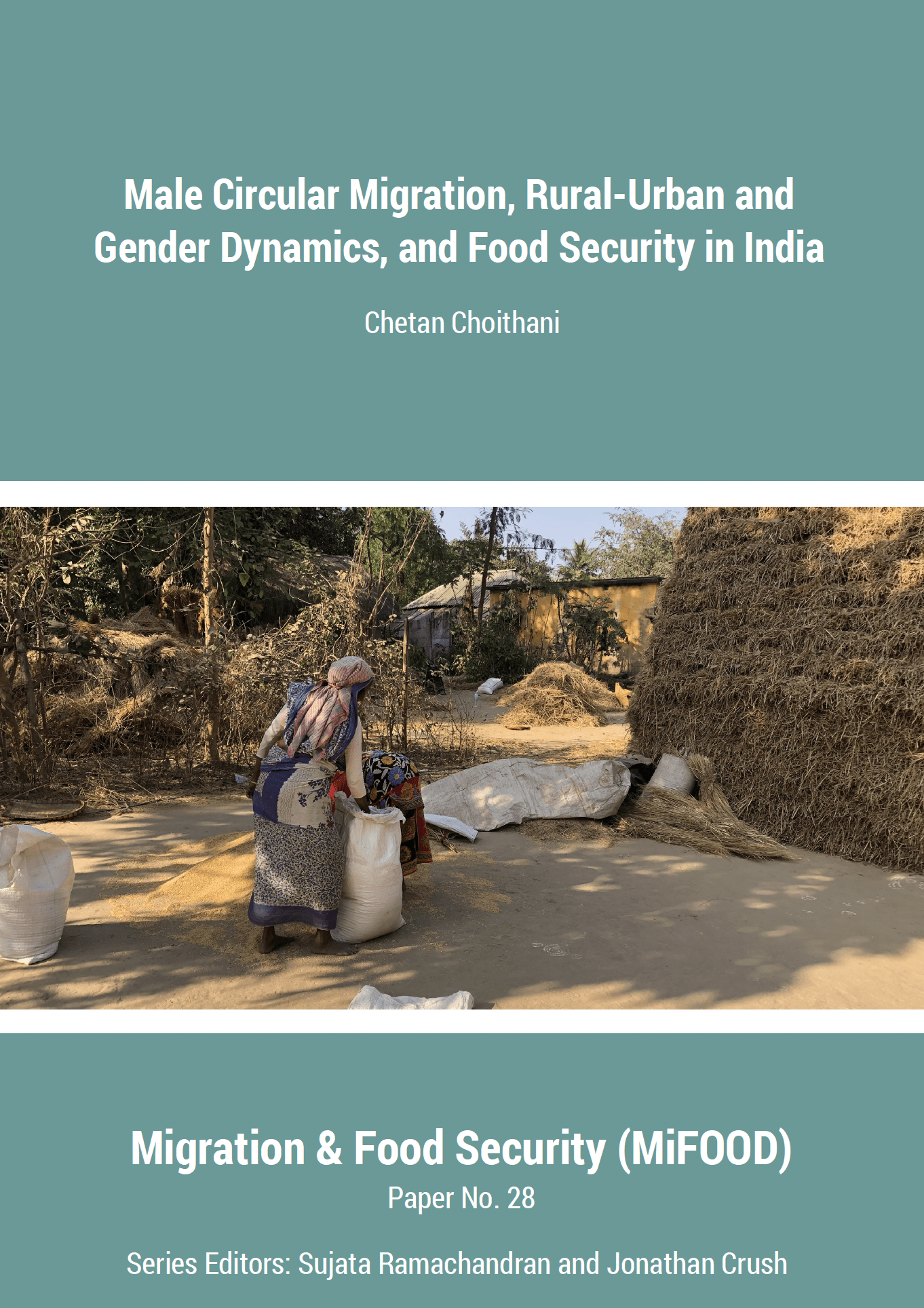This paper examines the ways in which male circular migration as a household livelihood strategy affects food access among rural households in India. Circular male labor migration is the dominant form of labor mobility in many parts of India. This migration pattern creates important rural-urban linkages through income transfers and alters the gender power relations within the migrant-sending households. Drawing on empirical research in Siwan district in the eastern state of Bihar, this paper analyzes the influence of these dynamics of migration on household food security, with the larger objective of bridging the divide that currently exists between migration and food security agendas in global development research and practice.

